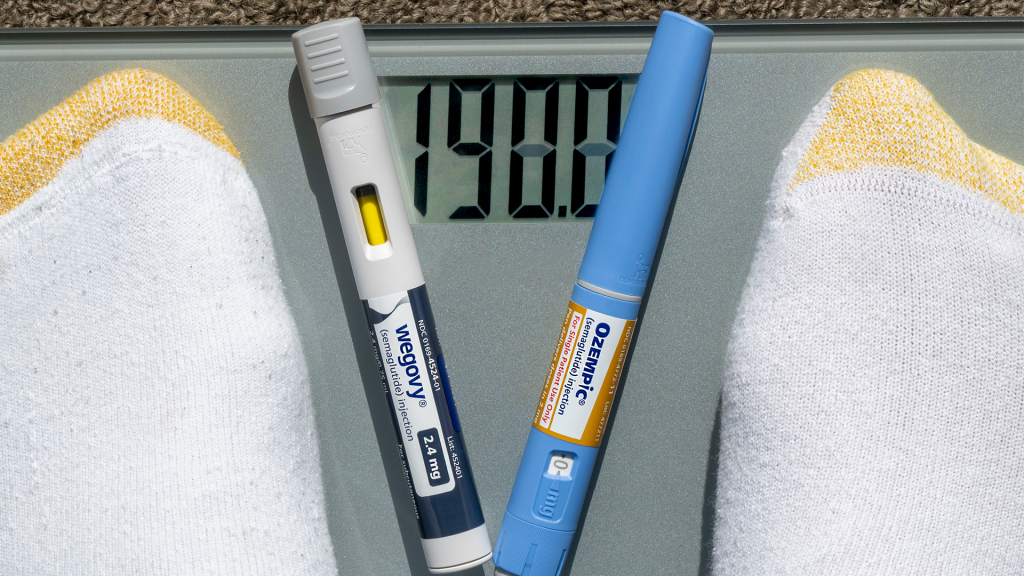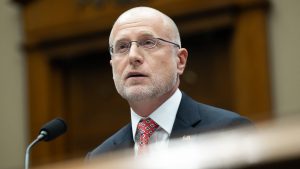Weight loss drugs could soon be covered by Medicare and Medicaid

The Trump administration is reportedly considering a major shift in health care coverage –– allowing Medicare and Medicaid to cover popular weight loss drugs like Ozempic, Wegovy, Mounjaro and Zepbound as early as April 2026. According to The Washington Post, the administration is preparing a five-year pilot program to test the new policy.
Current coverage landscape
Medicare currently only covers the GLP-1 drugs for patients with Type 2 diabetes. Some private insurance companies offer coverage for individuals who are severely overweight, but access remains limited –– especially for those relying on government-run programs.
When coverage could begin
Under the proposed plan, Medicaid could begin offering coverage in April 2026, followed by Medicare Part D in January 2027. The program would be overseen by the Center for Medicare and Medicaid Innovation, an agency that tests alternative payment and care models to reduce costs and improve outcomes.
The move marks a reversal from the Trump administration’s earlier stance. Back in April, officials said Medicare and Medicaid would not fund GLP-1 drugs for weight loss. The Biden administration had previously proposed expanding coverage to include these drugs for obesity treatment.
One former Biden health care official called the new plan a “game changer,” citing obesity as a major public health crisis in need of more aggressive solutions.
GLP-1 drugs mimic a hormone that regulates blood sugar, helping users feel full longer and curb cravings. They’ve shown remarkable results in aiding weight loss, but the price tag is steep: annual treatment typically runs between $5,000 and $7,000.
Who could this affect?
Currently, just 13 states have Medicaid coverage for GLP-1 drugs to treat obesity. Nationally, around 100 million Americans meet the clinical definition of obese. Covering even a fraction of those patients would come at a significant cost –– Congress estimates Medicare would spend about $35 billion between 2026 and 2034 under the proposed expansion.
David Rind, chief medical officer for the Institute for Clinical and Economic Review, said the drugs offer tremendous health benefits and are reasonably priced on an individual basis. But, he warned, “In the aggregate, this is terrifying. I just don’t know how our nation is going to pay for this.”
Mixed reactions from Trump officials
Even top Trump administration figures appear split. Centers for Medicare and Medicaid Services Administrator Mehmet Oz has praised the drugs, calling them a major breakthrough –– echoing his longtime advocacy on TV as “Dr. Oz.”
Meanwhile, Health and Human Services Secretary Robert F. Kennedy Jr., who is spearheading the “Make America Healthy Again” initiative, voiced caution. He stressed that GLP-1s should not replace diet and exercise, and expressed concern over the program’s long-term cost.
Internal documents obtained by the Post indicate the goal of the pilot program is to improve patients’ metabolic health and support long-term lifestyle changes.
Industry response
Novo Nordisk, which makes Ozempic and Wegovy, welcomed the potential policy change, saying in a statement, “We believe that comprehensive coverage through government and commercial insurance plans is critical to affordable health care and treatment options.”
Eli Lilly, the maker of Mounjaro and Zepbound, has not commented publicly.
What’s next?
The proposal is not yet final. Details are expected to be finalized in the coming months as the administration reviews feedback and cost projections.
If approved, it could mark a major turning point in how the U.S. treats obesity –– and how much it’s willing to spend doing it.





